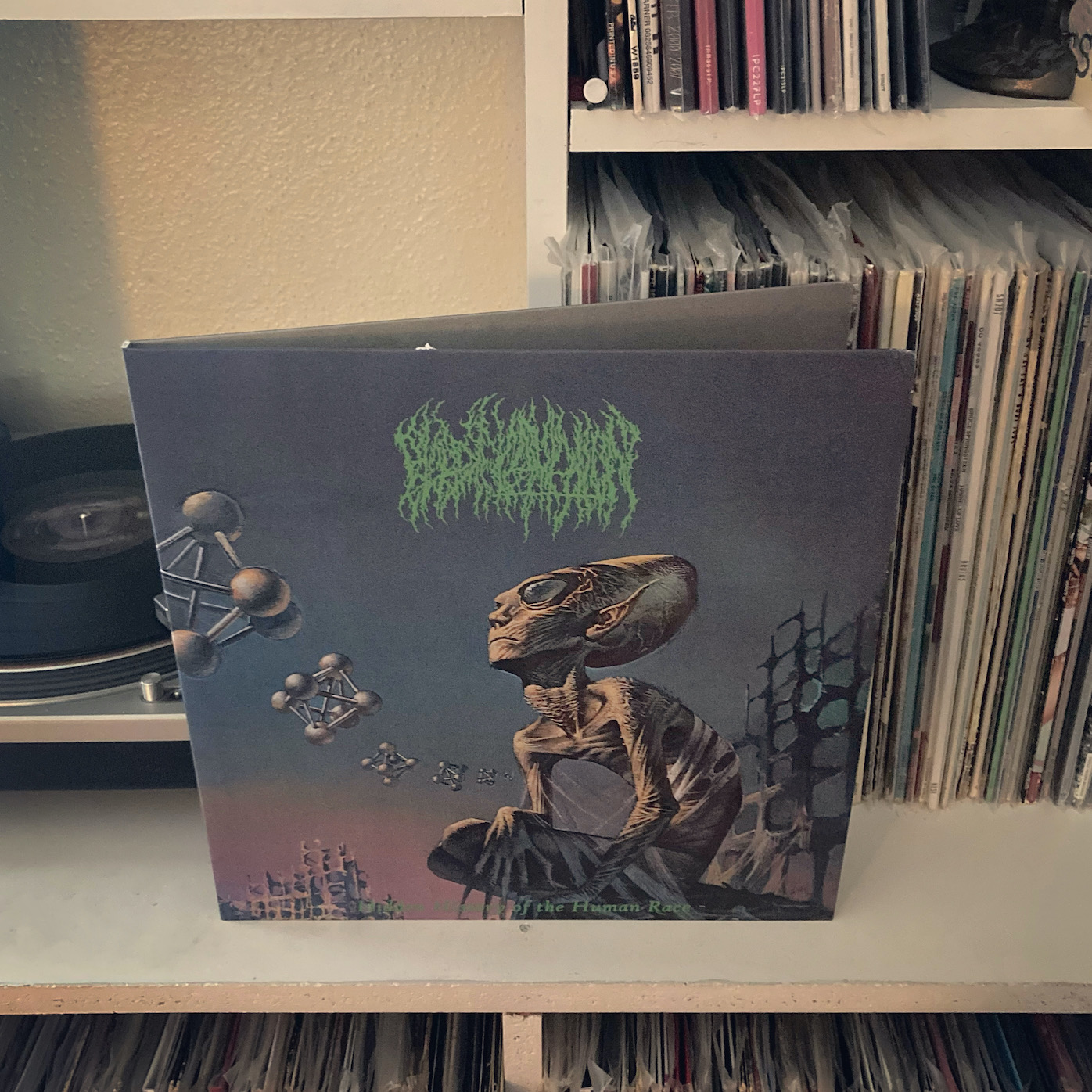 As much as I love metal, I don’t usually mess around with technical death metal. By and large, I’m not totally interested in musical pissing contests to see how fast and brutal a band can play.
As much as I love metal, I don’t usually mess around with technical death metal. By and large, I’m not totally interested in musical pissing contests to see how fast and brutal a band can play.
But I’ve faced a new mystery lately. I’ve had trouble sleeping on and off my whole life, and while it’s not a new thing for me to wake up in the middle of the night, it is a new thing for me to wake up to vinyl purchases that I don’t remember making. These purchases are usually albums that I’ve been meaning to listen to but haven’t yet. The first was Smashing Pumpkins’ Adore, and for the most part, my subconscious purchases have been on a hot streak.
So when I woke up to this order, I thought perhaps Sleepytime Nat had finally stumbled. After all, he should know I’m not into tech death, right?
But to my surprise, this album is staggering. Blood Incantation manages to avoid the pitfalls that ensnare so many of their contemporaries. They don’t abandon the conventions of the genre, but they aren’t limited by them either. They stretch into ambient, psychedelic, and prog, creating an album that feels truly transcendental.
Continue reading →

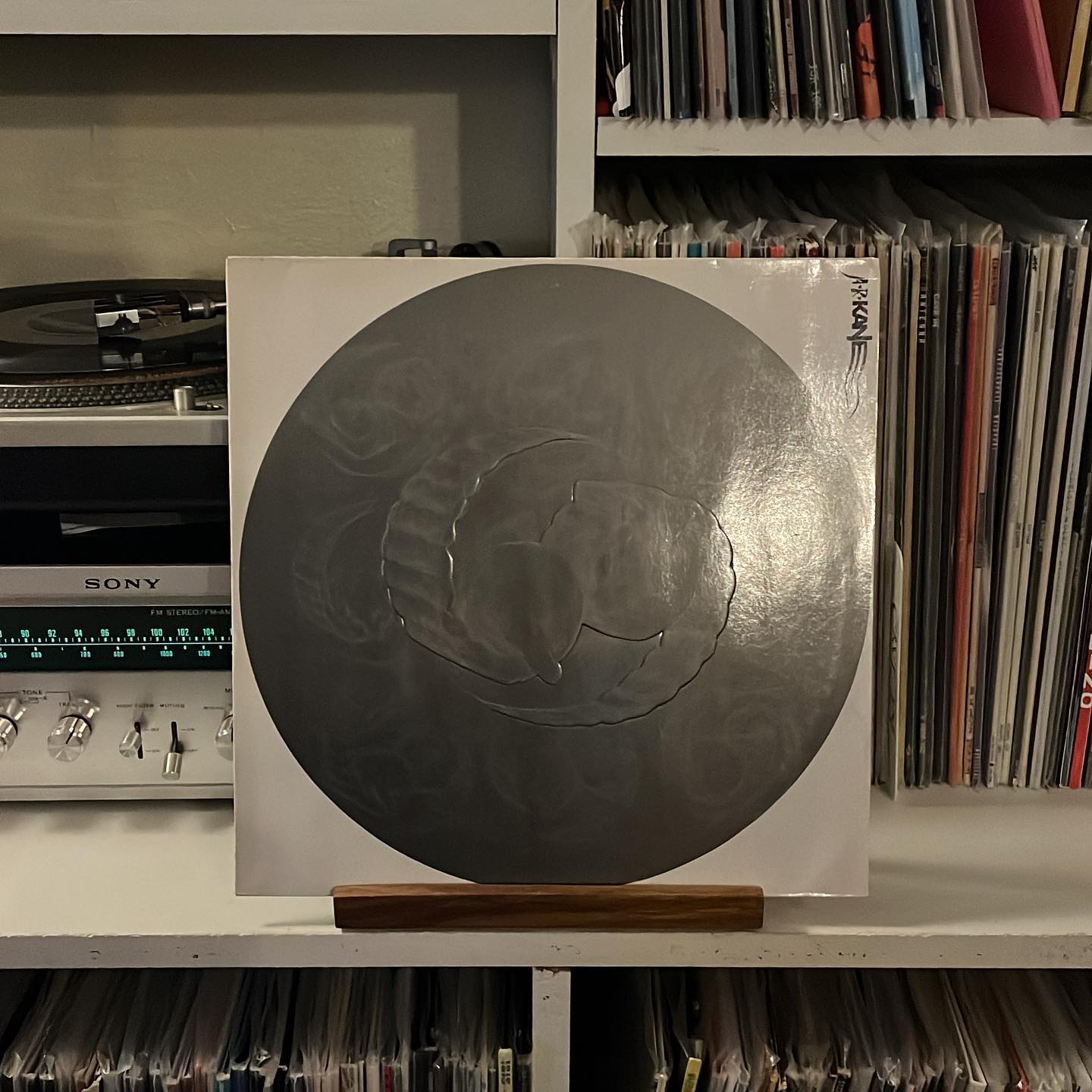
 Bjork has become kind of a punchline in recent years. And if we’re honest, both the fae princess schtick and her increasingly experimental electropop are pretty rife for parody.
Bjork has become kind of a punchline in recent years. And if we’re honest, both the fae princess schtick and her increasingly experimental electropop are pretty rife for parody.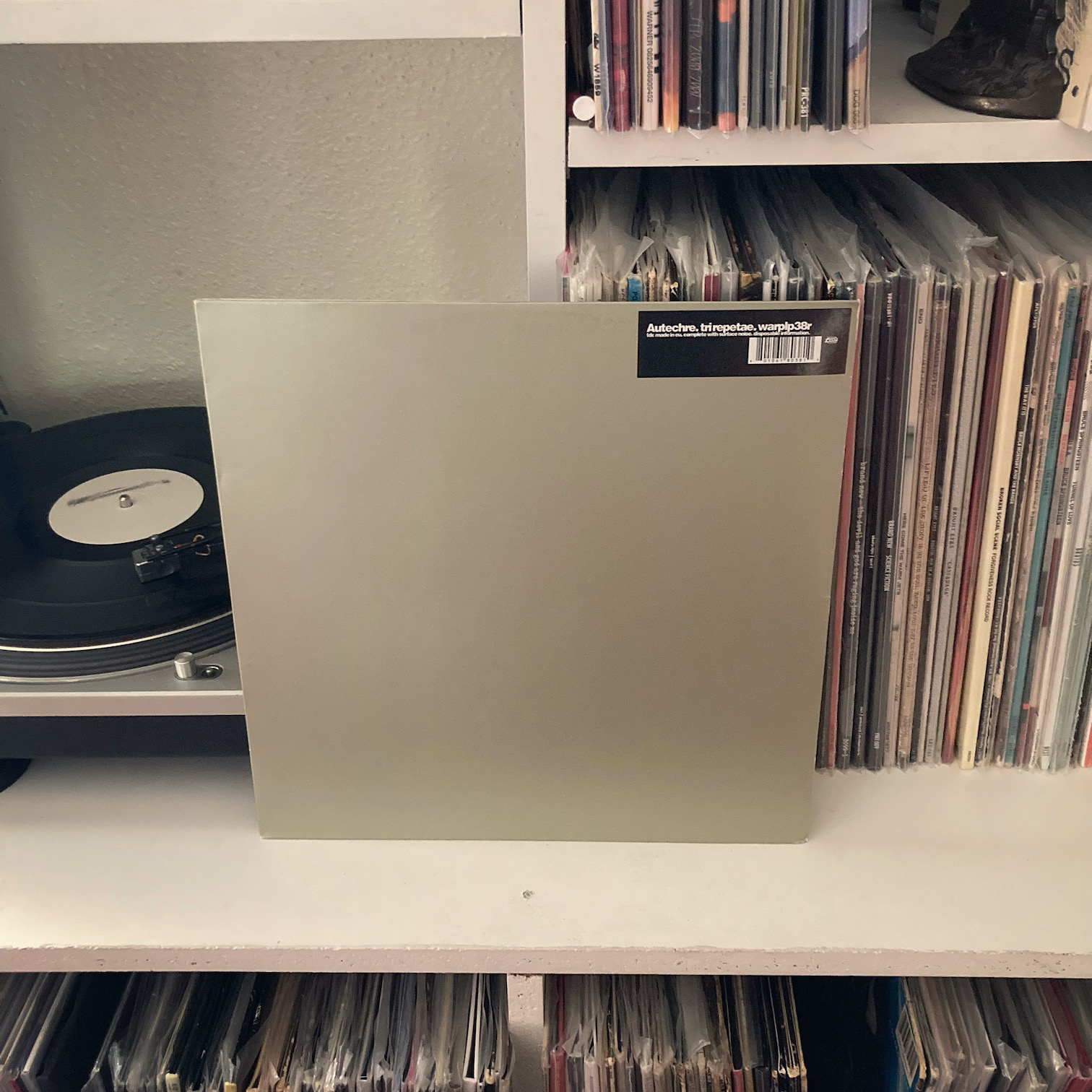 Last week, while recording an episode on experimental music for my new podcast (oh yeah,
Last week, while recording an episode on experimental music for my new podcast (oh yeah, 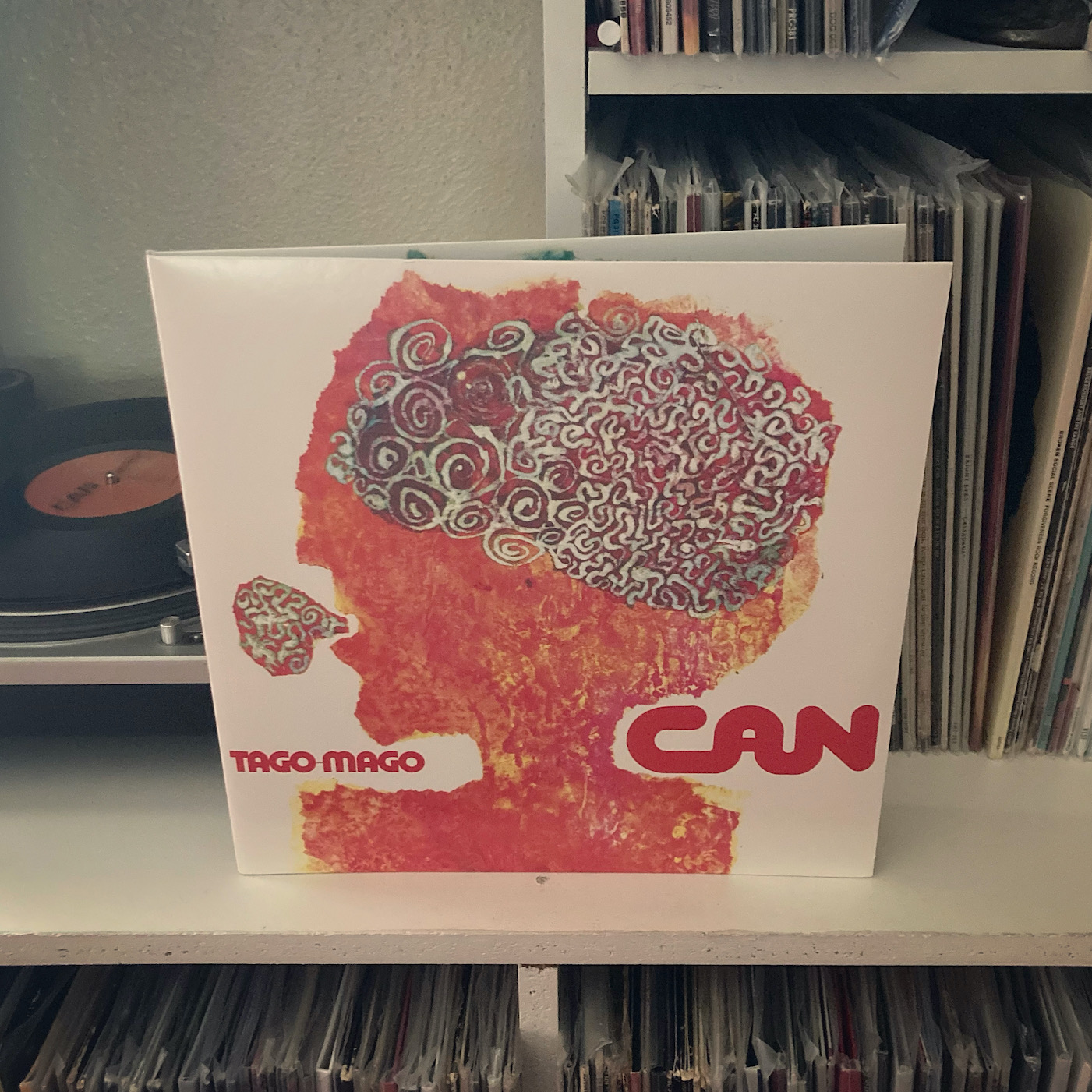 Few musical movements are as weird, wonderful, and influential as Krautrock, a collection of West German bands in the 1970s that pushed the boundaries of what music could actually do to its extremes. The movement had an incredible influence on post punk, progressive rock, new age, shoegaze, and the birth of post rock. The shape of modern, electronic leaning pop music can be traced back to Krautrock, specifically the synthpop pioneers
Few musical movements are as weird, wonderful, and influential as Krautrock, a collection of West German bands in the 1970s that pushed the boundaries of what music could actually do to its extremes. The movement had an incredible influence on post punk, progressive rock, new age, shoegaze, and the birth of post rock. The shape of modern, electronic leaning pop music can be traced back to Krautrock, specifically the synthpop pioneers 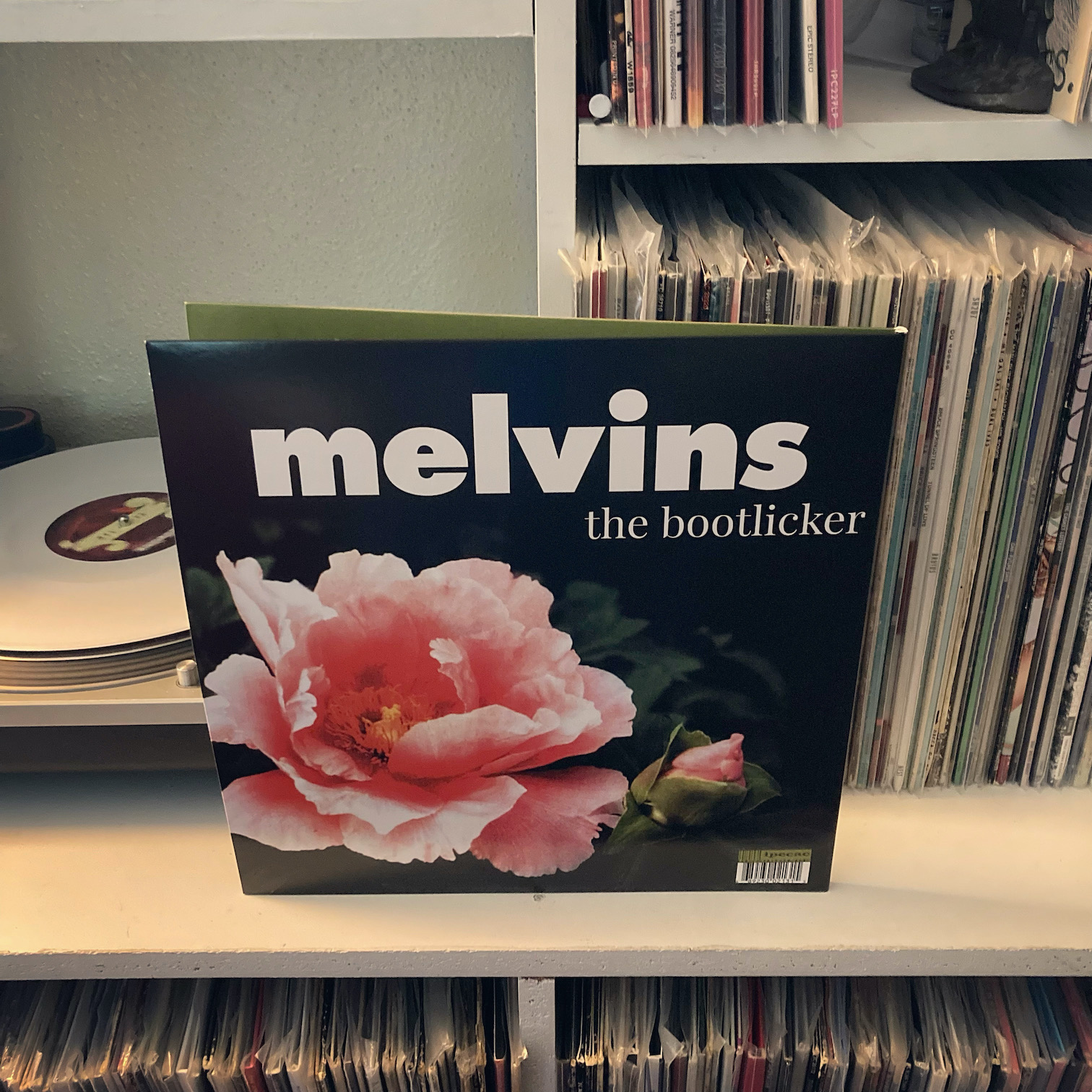

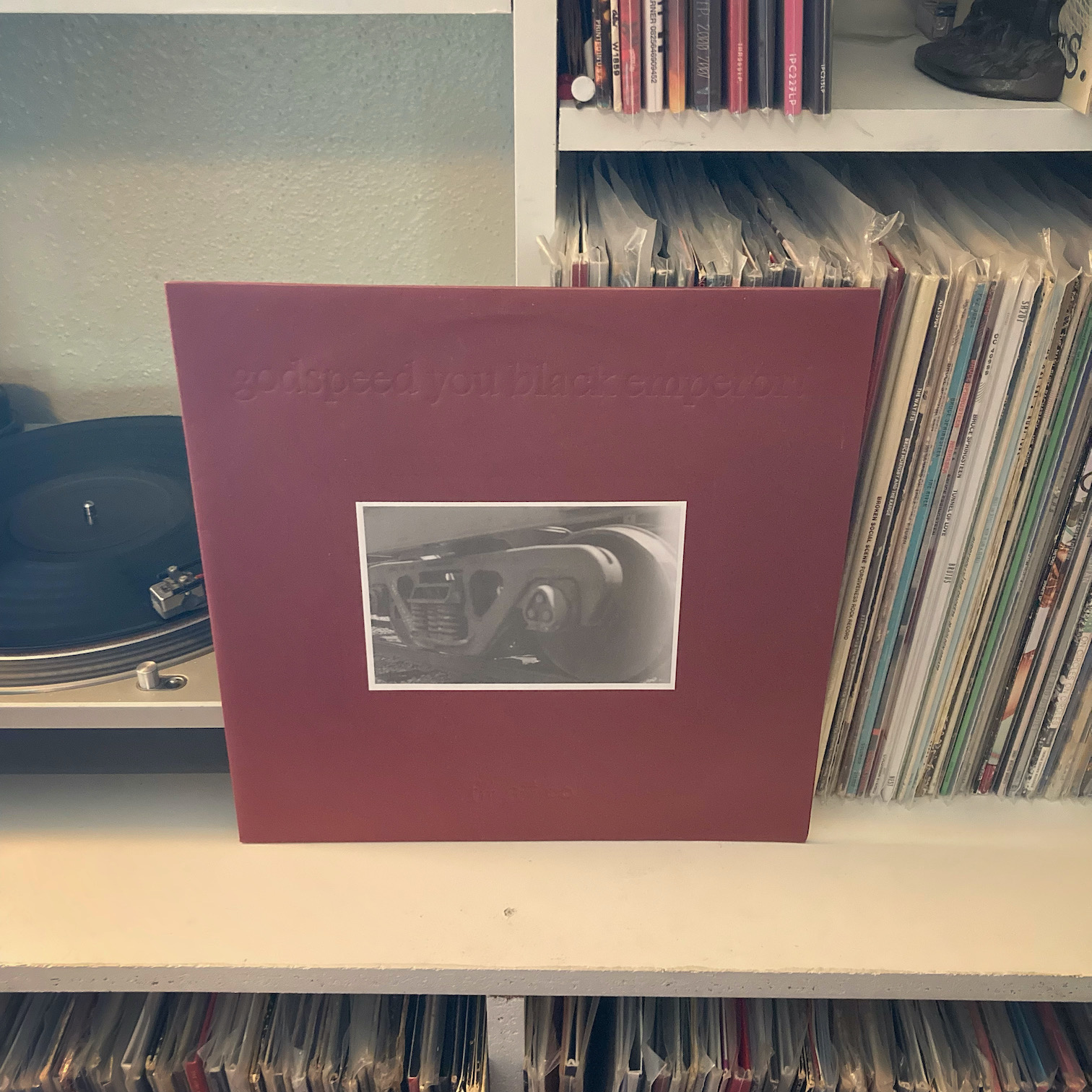
 As much as I love metal, I don’t usually mess around with technical death metal. By and large, I’m not totally interested in musical pissing contests to see how fast and brutal a band can play.
As much as I love metal, I don’t usually mess around with technical death metal. By and large, I’m not totally interested in musical pissing contests to see how fast and brutal a band can play. The art world is filled with archetypes. Take for example how every precocious pop starlet from Britney to Lady Gaga to Ariana Grande has garnered comparisons to Madonna.
The art world is filled with archetypes. Take for example how every precocious pop starlet from Britney to Lady Gaga to Ariana Grande has garnered comparisons to Madonna.